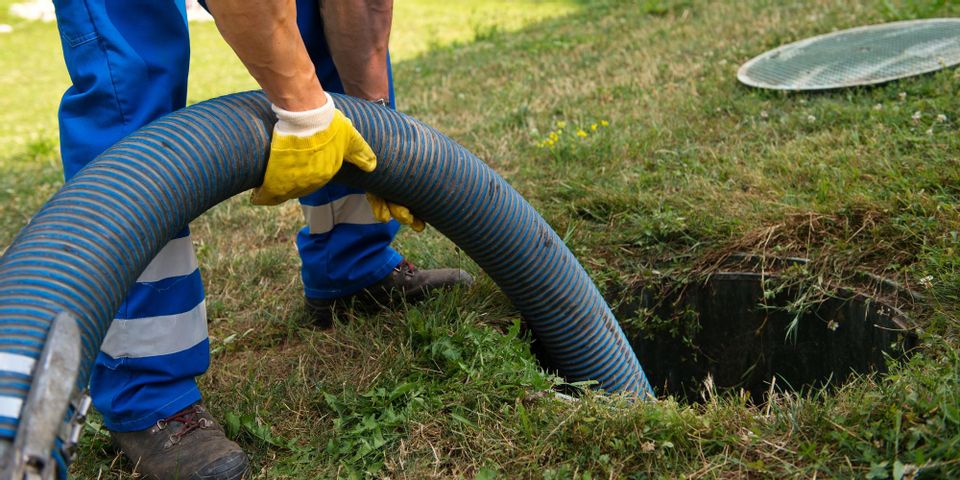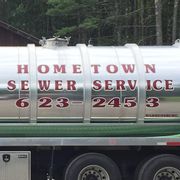
A septic system is one of the most important elements of a home—it removes waste efficiently while protecting your family’s health and the structure’s plumbing. To make the most of these benefits, regular septic maintenance is essential to ensure it functions properly. Have a look at the guide below to learn more about some of the most important steps in maintaining your septic system.
3 Tips for Septic Maintenance
1. Schedule Frequent Inspections & Pumping
Most household septic systems should be inspected at least once every three years. Systems with newer electric components, such as float switches or pumps, should be inspected about once a year to ensure they function properly.
After an inspection has been completed, ask the inspector to provide you with a written record with notes on the tank’s condition and the quantity of scum inside. If the level of scum has reached within three inches of the outlet, it’s time to have it pumped. This should be done every three to five years regardless of the level to avoid malfunctions or flooding.
2. Use Correct Waste Disposal Methods
 Anything that goes down your drains, whether in the kitchen sink, toilet, or shower, will pass through your septic system. Insoluble materials such as sanitary napkins or grease are likely to cause clogs and reduce the effectiveness of your plumbing and septic tank.
Anything that goes down your drains, whether in the kitchen sink, toilet, or shower, will pass through your septic system. Insoluble materials such as sanitary napkins or grease are likely to cause clogs and reduce the effectiveness of your plumbing and septic tank.
Items such as paper towels, cigarette butts, or dental floss should all be disposed of in a trash can rather than flushed or rinsed into the septic system. Food waste such as oils or coffee grounds should also be placed in the trash rather than down a drain or garbage disposal.
3. Keep Trees Away
Many homeowners value trees for the shade and beauty they offer, but they also happen to be one of the greatest threats to plumbing if not carefully kept under control. A tree will extend its roots towards the nearest source of steady moisture, and it’s common for that source of moisture to be underground pipes. Roots will gradually break through the sides of pipes to intercept water, allowing lush green vegetation to sprout up above ground.
These roots will eventually grow larger if left unchecked, slowing drains and preventing the proper functioning of both indoor plumbing fixtures and septic systems. If they grow big enough, you may need to hire a specialist to excavate and clear the pipes of roots altogether. You can prevent this by ensuring all trees on your property are kept at least 100 feet away from your septic system and by removing any new saplings.
For reliable and friendly septic maintenance services in Warrensburg, NY, contact Hometown Sewer Service. Since 1949, this fully licensed and insured company has provided septic pumping, inspections, cleaning, and more to the residents of Warren County and Lake George. These professionals will work with you to ensure your system is working properly and efficiently. To request a quote, call (518) 623-2453 or visit them online for more information.
About the Business
Have a question? Ask the experts!
Send your question

